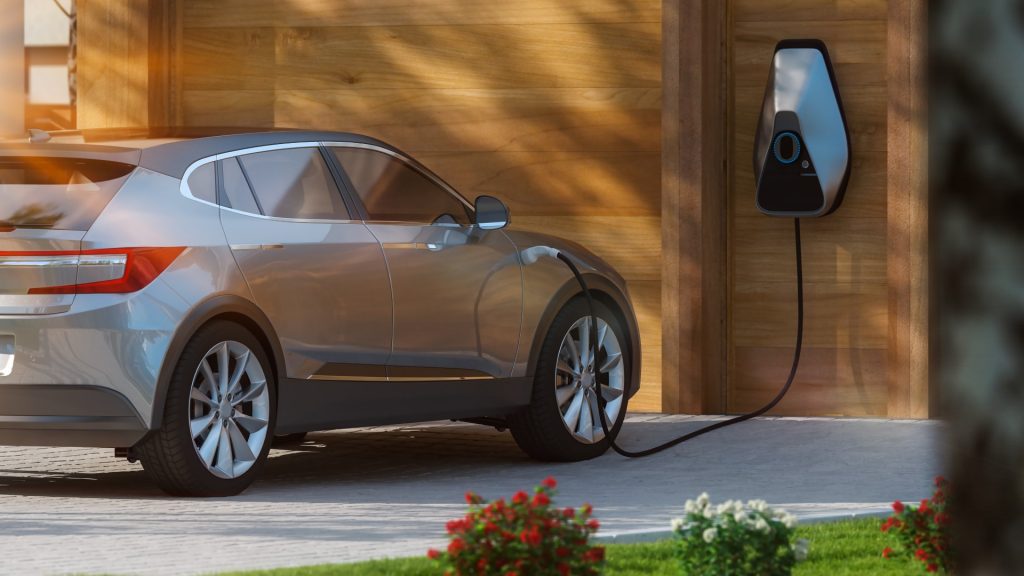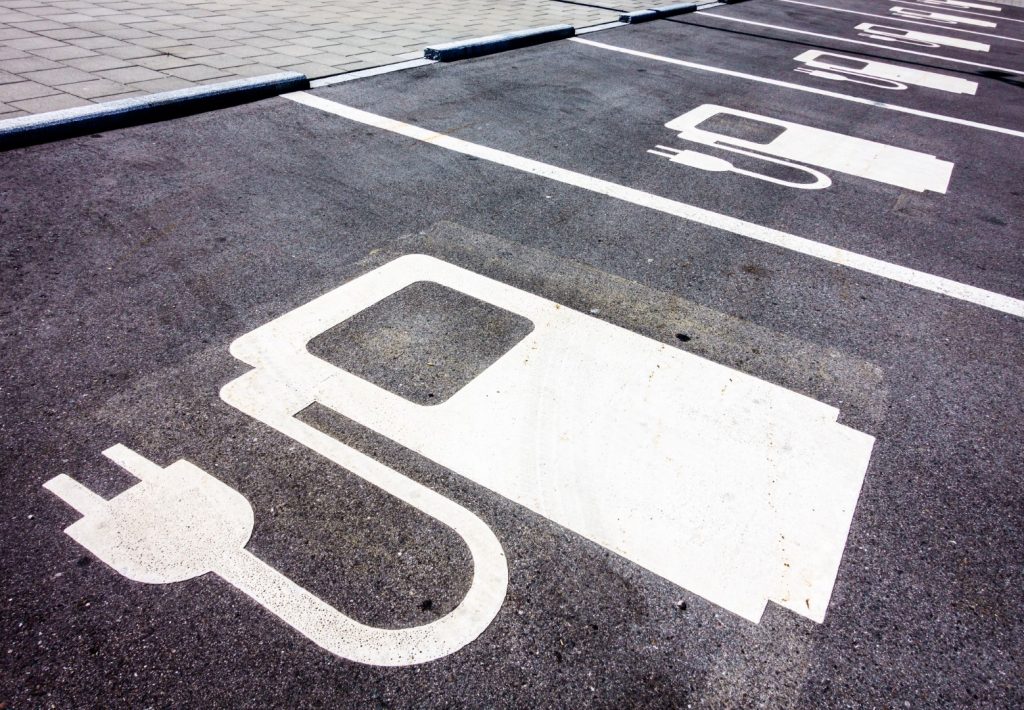Electric cars are fast becoming the future of automobiles. Not only it’s better for the environment since it can help reduce emissions and improve air quality, but because electric cars can offer solutions against rising fuel prices too.
Because of that, many countries are now considering and pushing for an automobile shift towards electric cars. It is expected that electric vehicles will account for 30% of all automobiles sold globally by 2025.
Buying an electric car can be intimidating, due to its complex technology and its price range, but that shouldn’t hold you back from investing in one. With that said, here are some things you should know and consider before buying an electric car.
1.Budget And Cost
One of the major considerations you need to factor in is how this shift can fit into your financial plan since owning an electric car can be more expensive than a gas-powered vehicle.
With traditional cars, you can easily anticipate costs- the purchase price, gas, insurance, and maintenance, and allot a budget for it. However, with an electric car, even if you choose a more affordable EV like MG ZS, you’ll have to factor in the charging station unit, installation and maintenance, public charging station costs, battery replacement, and electricity bills.
These expenses can add up to your existing payables, making owning an electric car too expensive for an average driver. So, make sure to consider and sort out your budget plan, before you buy an electric car.
2. Average Distance You Drive
In comparison with the traditional gas-powered vehicles, most EVs have a shorter drive range. The usual EVs have a range of around 150 to 170 miles, while top-of-the-line EVs can only give about 300 miles from a single charge.
With that said, it’s important that you consider how far you usually drive per day. Ideally, the best EV driving range capacity you need should be further than the distance you usually travel when fully charged.
3. Charging Stations
Charging infrastructure is another important consideration when buying an electric car.
Interestingly, most EVs are offering the ability to re-charge using the normal household socket. With that said, you will need to install a charging station unit at home. However, since this involves technical skills and electrical load considerations, engaging the services of an electrician to install your charging pods may be the best option.
Additionally, you also need to consider public charging stations. Most charging stations are located in shopping centers, fuel stations, and even car parks. Although EVs are increasing in popularity, there still aren’t that many charging stations around for people to plug their EVs into.
This can be problematic, especially if you tend to travel long distances. Without a charging station, you can end up stranded somewhere. This might not be a problem in major cities, but most towns and municipalities still don’t have reliable charging infrastructures around them.
With that said, make sure that your locality has a good number of charging points spread in various places.
4. Consider Hybrid Vehicles
If you are eco-conscious and like the idea of EVs but are not yet convinced if it’s a practical choice and lifestyle, you can consider another option— a hybrid vehicle. Hybrid cars are greener and more efficient than traditional gas-fueled vehicles, but more reliable than current EVs.
This means that even if your car’s battery dies, it will have the second option to run on gas and vice versa. For these reasons, most people prefer hybrid cars over full EVs. In fact, hybrid cars have seen faster and more sales than EVs.
So, if you want to be on the safer side or you tend to have more than a simple round-trip to the local mall or your office, then you can consider a hybrid option instead of the full EVs.
5. Tax Credits And Rebates
To ensure faster shift and adoption of EVs, most governments in the world are offering subsidies and rebates to help offset the costs associated with EVs.
How much financial incentive is available will depend on which country, state, or province you live in. Some rebates can be lucrative and help you save thousands of dollars. So, make sure to see if you qualify for these incentives.
Conclusion
It is with no doubt that electric cars will play a pivotal role in the future of automobiles. Buying an electric car today can be tricky since the industry is still in its early stages. However, with the above guide, you can make an informed choice and own a car that is beneficial for your lifestyle and the environment.


